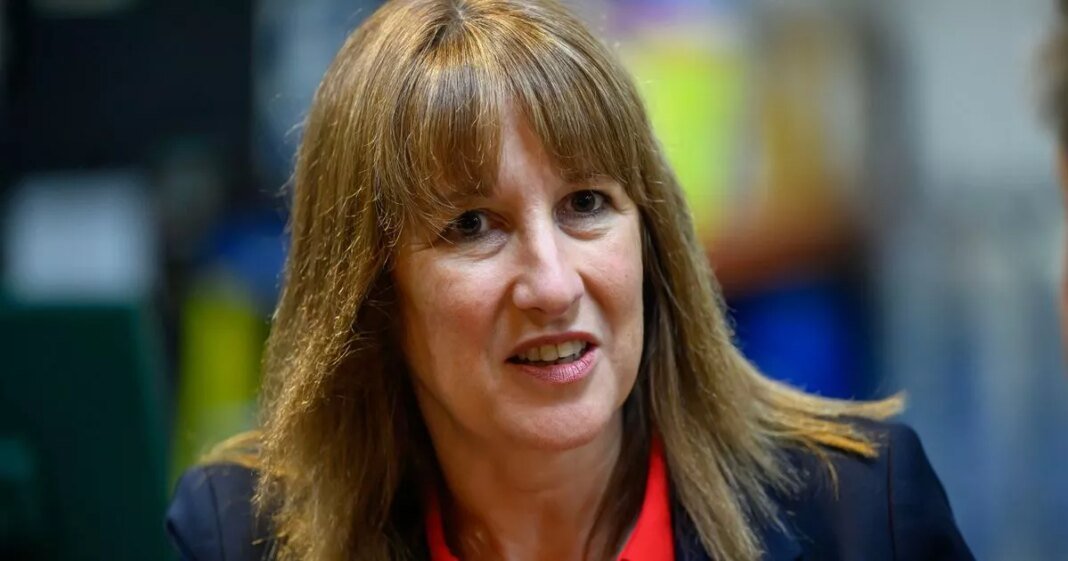Rachel Reeves has indicated that she is considering implementing tax hikes and budget cuts as she hints at her upcoming Budget plans. The Chancellor acknowledged the need to address a significant deficit in public finances, estimated to be around £50 billion.
In anticipation of her statement on November 26, Reeves highlighted the challenges facing the economy, attributing the difficulties to various factors such as the aftermath of Brexit, global conflicts, and trade tariffs imposed by former President Donald Trump. She emphasized the need to address these issues, including a review of the UK’s productivity levels.
Recent reports from the International Monetary Fund (IMF) indicate that British households are expected to face the highest inflation among the world’s major economies. Despite this, the UK is projected to be the second-fastest growing G7 country this year, with the US leading in growth.
In an interview with Sky News, Reeves reiterated her commitment to ensuring fiscal responsibility and sustainable budgeting. She emphasized the importance of balancing tax and spending measures to avoid a repeat of past financial crises caused by government overspending.
Reeves, attending IMF meetings in Washington DC, emphasized the government’s focus on boosting economic growth to generate tax revenues and maintain low taxes. She highlighted ongoing efforts to secure trade deals globally, particularly with the EU, to support British exporters.
The Office for Budget Responsibility (OBR) recently reported overestimations of UK productivity, attributing economic challenges to factors like austerity measures, Brexit, and policy impacts. Reeves emphasized ongoing efforts to mitigate Brexit-related economic impacts through trade agreements and investments in key sectors.
Treasury minister James Murray emphasized the need for strategic long-term investments in infrastructure and job creation to stimulate economic growth across all regions of the UK. The National Institute of Economic and Social Research (Niesr) estimates a substantial budgetary requirement for Reeves to achieve her financial targets.
Reports suggest that Reeves is considering changes to tax-free ISAs in her Budget plans, with a focus on encouraging investment in British stocks by adjusting the tax-free limit for cash ISAs.
Overall, the government is aiming to address economic challenges, promote growth, and ensure fiscal stability through a balanced approach to tax and spending policies.

